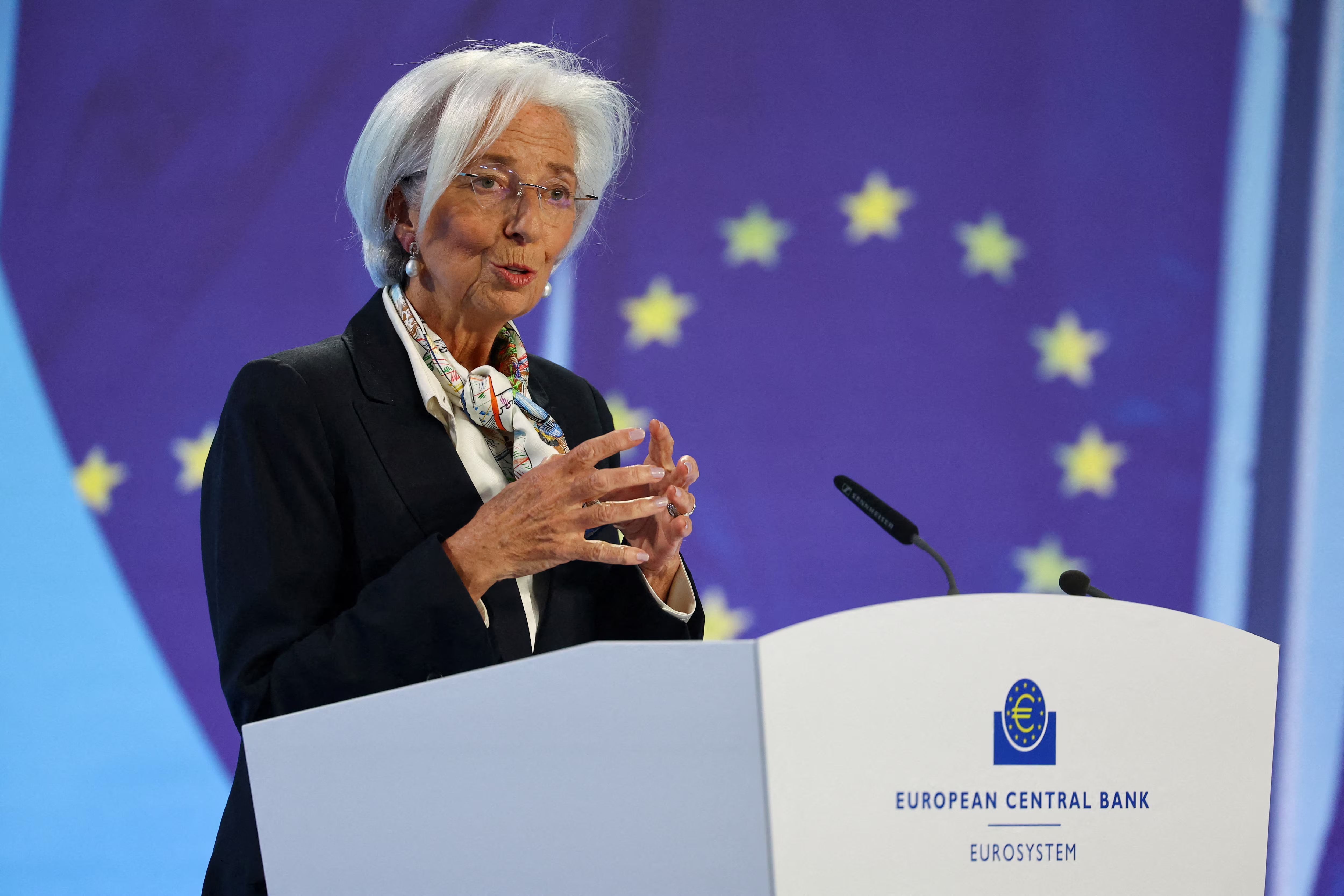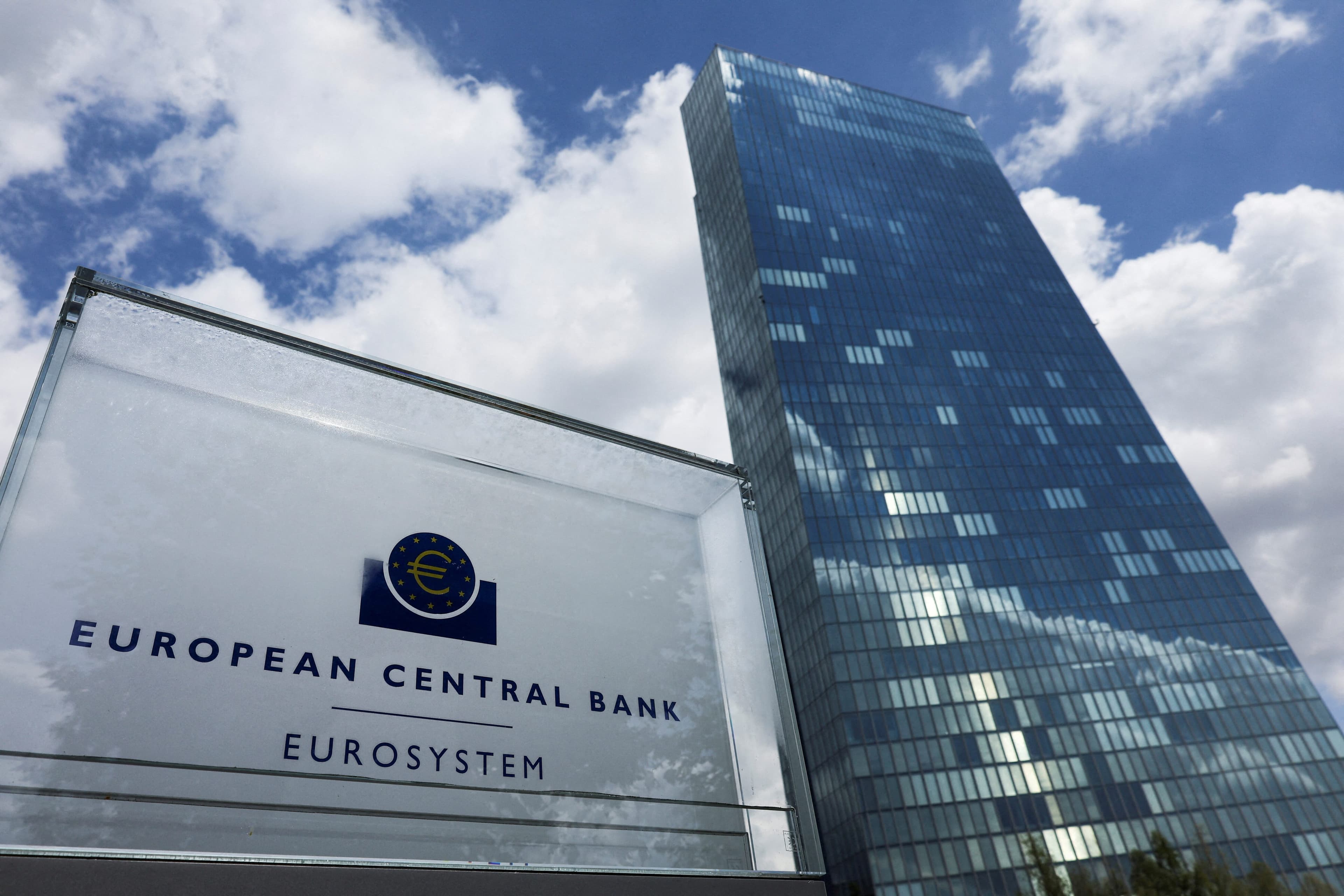The European Central Bank"s current struggle with the euro"s strength is not just an economic detail; it"s a potential crisis in the making. As the euro appreciates, we enter a precarious territory that could choke off the eurozone"s anemic economic recovery. With a staggering €250 billion (approximately $290 billion) trade surplus, the consequences of a strong euro could be dire for millions of working-class Europeans who are already bearing the brunt of financial instability.
Euro Strength Complicates Economic Recovery
The euro has gained approximately 13% against the dollar this year, and while that might sound promising, the reality is far grimmer. For a region already struggling to maintain a growth rate barely above 1%, a strengthened euro risks further crippling export volumes. As reported by Bloomberg, even ECB Vice President Luis de Guindos has acknowledged that the euro"s ascent above $1.20 would complicate matters significantly.
Manufacturing Exports at Risk
The eurozone’s economic engine has historically relied on manufacturing exports. If the euro continues to strengthen, it threatens to undermine the competitive edge that European manufacturers have long enjoyed. The reality is that the eurozone"s export economy, which has already been hit hard by global trade tensions, could face a severe downturn. According to Christine Lagarde, the rise of the euro may reflect some economic strength, but it is also a harbinger of trouble for exporting industries that rely on competitive pricing.

Lagarde comments at ECB press conference | Reuters
Tariffs and Economic Tensions with the US
As the euro grows stronger, the looming threat of US tariffs adds another layer of complexity. With one-fifth of the EU"s exports heading to the United States, any trade restrictions could cripple European industries already grappling with a strong euro. The potential for renewed trade wars under the current US administration means that the stakes are incredibly high for European workers. The ECB must navigate these treacherous waters carefully, as the implications of a strong euro are not merely technical; they are deeply personal for millions of workers.
Worker Rights and Economic Stability
Amid these shifting economic tides, the need for robust worker protections becomes even more critical. A strong euro could exacerbate the existing inequalities in the eurozone, disproportionately affecting low-wage workers and those in precarious employment. Already, European nations are grappling with rising inflation, and with inflation rates in France hovering around 0.8%, the potential for disinflation looms large. The ECB"s monetary policies, while aimed at stimulating the economy, may inadvertently deepen the economic divide.

UEFA EURO 2024 generates economic impact of over €7.4bn in Germany ...
Fiscal Policy Needs Urgent Attention
The urgent need for coordinated fiscal policy cannot be overstated. The eurozone must prioritize structural reforms and increased public investment to ensure that the economic benefits of a strong euro are widely shared. The ECB"s monetary policies alone cannot bridge the gap between the wealthy and the working class. Addressing wealth inequality and investing in social programs are not just moral imperatives; they are necessary for the eurozone"s economic health. As reported by the European Central Bank, an effective response must include both monetary flexibility and fiscal responsibility to foster an environment where all Europeans can thrive, rather than just a privileged few.







![[Video] Gunfire between Iraqi security forces and Sadr militias in Baghdad](/_next/image?url=%2Fapi%2Fimage%2Fthumbnails%2Fthumbnail-1768343508874-4redb-thumbnail.jpg&w=3840&q=75)
